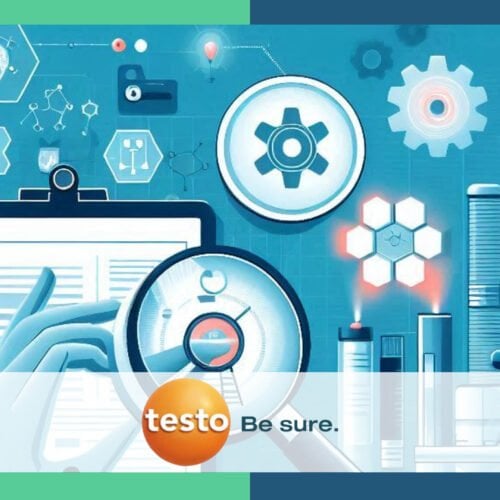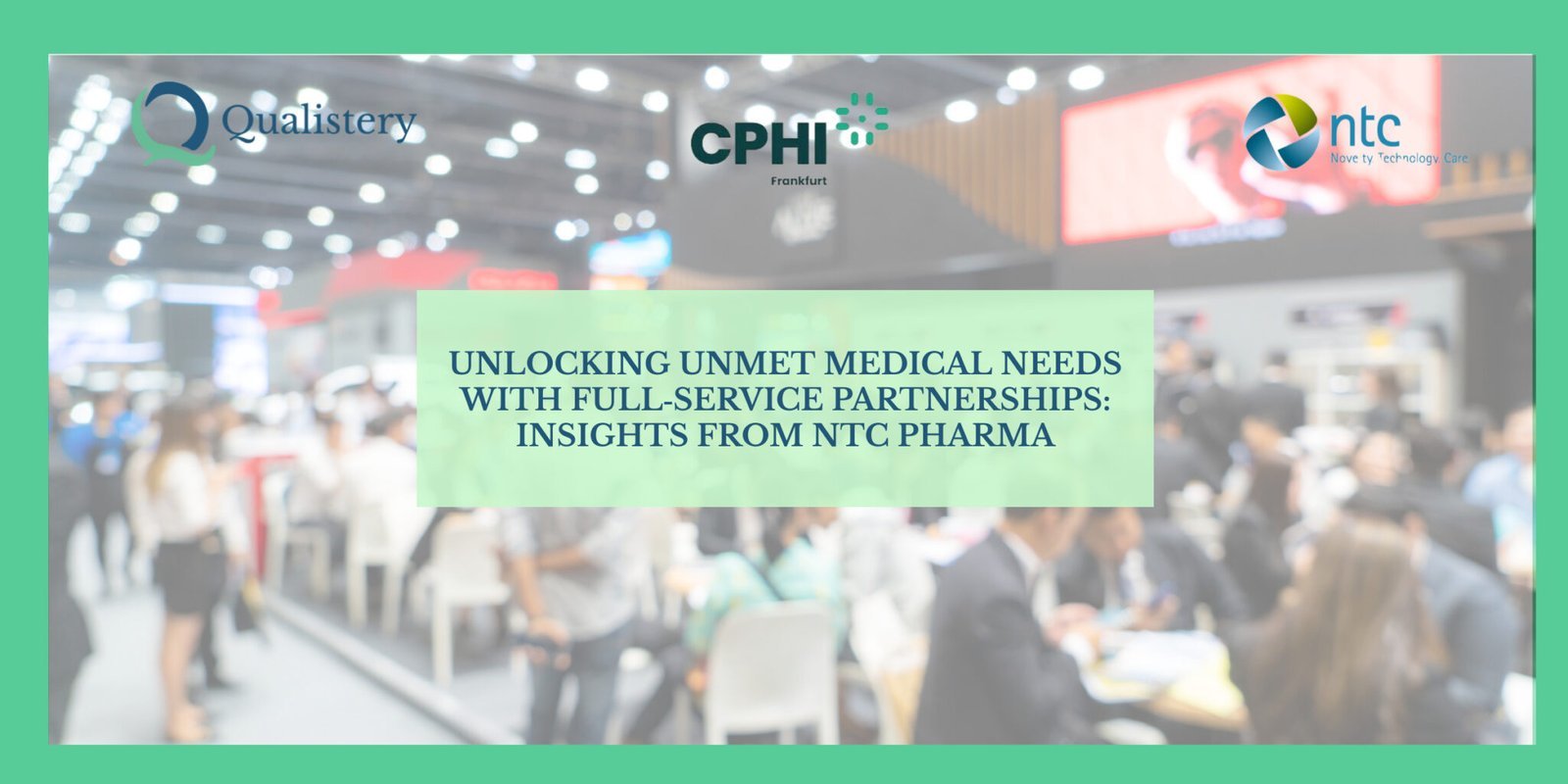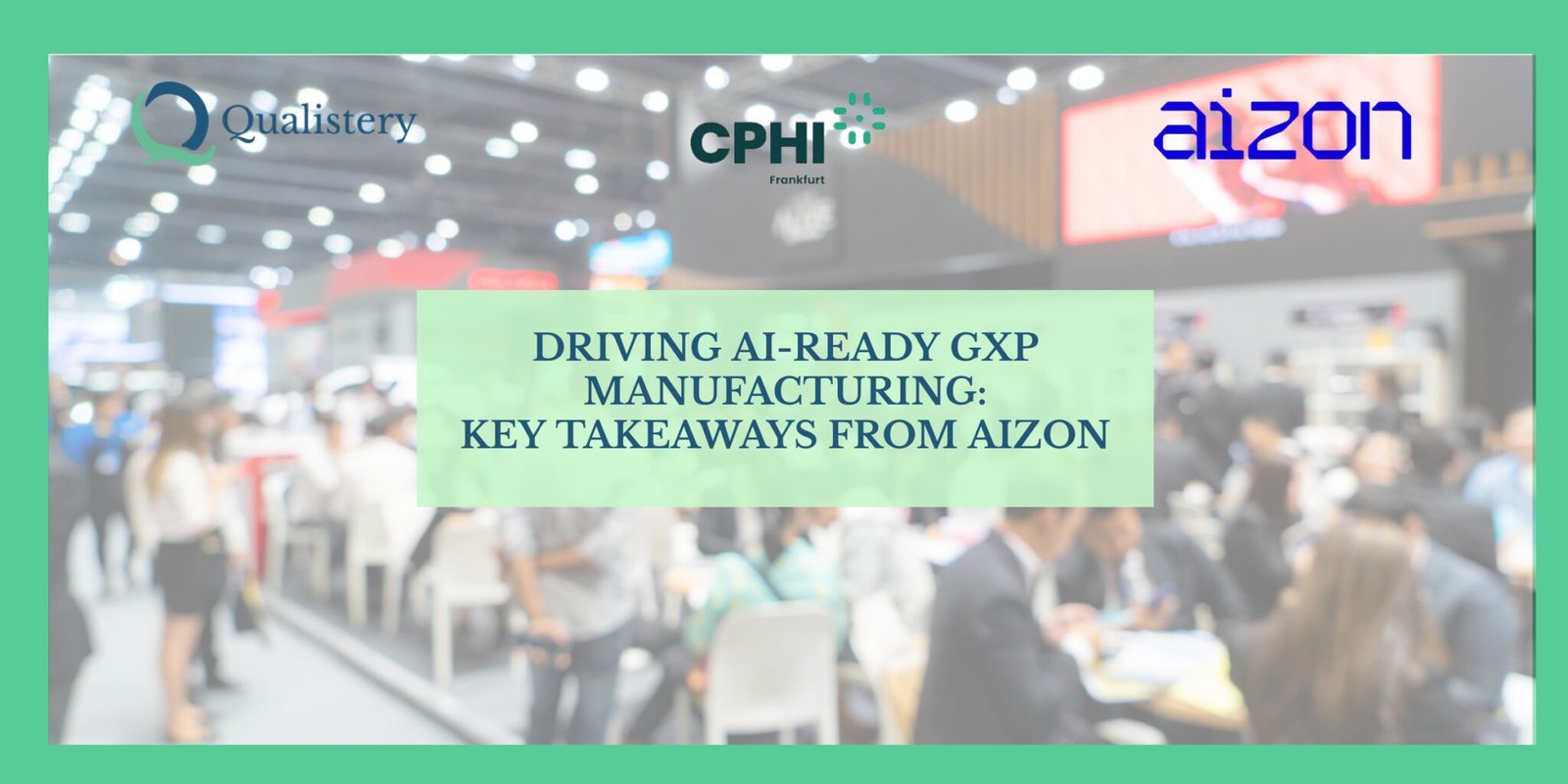The pharmaceutical industry is a critical field that plays a vital role in saving lives; this sector needs innovative solutions to deal with current and future challenges.
Using artificial intelligence (AI) and machine learning (ML) are the most innovative technologies that have increased over the past few years in the Pharmaceutical industry.
Al/ML could be used during product development, technology transfer, manufacturing, supply chain management, storage & distribution logistics, and overall quality management, including trend monitoring.
Benefits and Applications of AI in Pharmaceutical Industry
- Drug discovery: Product design, clinical research, and post-market surveillance involve accelerated research, improving accuracy and cost efficiency.
- Process Design and Scale-up: Al models such as machine learning –generated using process development data- could be leveraged to more quickly identify optimal processing parameters or scale-up processes, reducing development time and waste.
- Advanced Process Control (APC): APC allows dynamic control of manufacturing process to achieve a desired output. Al methods can also be used to develop process controls that can predict the progression of a process by using AI in combination with real-time sensor data. APC approaches that combine an understanding of the underlying chemical, physical, and biological transformations occurring in the manufacturing process with AI techniques as expected to see increasing adoption and have already been reported by several pharmaceutical manufacturers.
- Trend Monitoring: AI can be used to examine consumer complaints and deviation reports containing large volumes of text to identify cluster problem areas and prioritize areas for continual improvement. This offers the advantage of identifying trends in manufacturing related deviations to support comprehensive root cause identification. AI methods integrated with process performance and process capability metrics can be used to proactively monitor manufacturing operations for trends. These methods can also predict threshold for triggering corrective and preventive action effectiveness evaluations.
Al Challenges & Requirements:
- Design & initial cost of implementation.
- Manufacturer may need standards for developing & validating Al models used for process control & to support release testing, there are limited industry standards & FDA guidance available for the development & validation of models that impact product quality which can create challenges in establishing the credibility of a model for a specific use.
- Personnel training / site participants training for electronic systems.
- Compliance with regulatory requirements such as PIC/s Annex11, GAMP5 requirements, & other standards.
- Data integrity, system security, & cybersecurity risk management.
- Governance of Al and ethical use.
Regulatory Considerations on Artificial Intelligence for Health
World Health Organization (WHO) global strategy on digital health 2020–2025. WHO and the International Telecommunication Union (ITU) have established a Focus Group on AI for Health (FG-AI4H).
To support its work, FG-AI4H has created several working groups, including a Working Group on Regulatory Considerations (WG-RC) on AI for Health.
This publication covers the following six general topic areas: Documentation and transparency, Risk management and the AI Systems Development Lifecycle Approach, Intended use and analytical and clinical validation, Data quality, Privacy and data protection, and Engagement and collaboration.
Ethics and Governance of Al for Health
Artificial intelligence (AI) has enormous potential for improving health outcomes and helping countries achieve universal health coverage. However, for AI to have a beneficial impact on people’s health, ethical considerations and human rights must be placed at the centre of its design, development
and use.
In June 2021, WHO published Guidance on Ethics & Governance of Artificial Intelligence for Health. The report provides practical advice for implementing the WHO guidance for three sets of stakeholders: AI technology developers, ministries of health and health-care providers.
Conclusion:
The integration of AI technologies holds great promise for accelerating drug development, improving patient outcomes, and revolutionizing the pharmaceutical industry.
AI algorithms will make pharmaceutical manufacture uniform and efficient via data analysis and feedback. AI will analyze large amounts of data to inform regulatory decisions. It will assist regulatory bodies in speeding up medication approval and improving safety.
In my opinion Governments and national authorities should support pharmaceutical manufacturer to integrate AI in drug discovery and processes operation through the technology transfer, advanced training & encourage the providers and designers of Al models to in cooperate with the pharmaceutical sector.
References
- Regulatory considerations on artificial intelligence for health, World Health Organization; 2023.
- Global Strategy on Digital Health 2020–2025. Geneva: World Health Organization; 2020.
- Guidance on Ethics & Governance of Artificial Intelligence for Health, World Health Organization; 2021.
- Amisha, Paras Malik, Monika Pathania, Vyas Kumar Rathaur. Overview of artificial intelligence in medicine; 2019.
- Artificial Intelligence in Drug Manufacturing, FDA; 2023

Mona Ahmed is an experienced GMP & Management Consultant with more than 23 years in QA of the pharmaceutical
and vaccines industry. She participated in the establishment of many production facilities and has
led many Projects as a GxP compliance, validation & risk management expert.
– Organizational excellence assessor & IRCA Certified ISO 9001 Lead Auditor.
– Certified Biorisk Management Professional from international federation biosafety
association (IFBA), Participated in different international conferences as ABSA Annual
conference, USA, 2017 and EBSA conference, Denmark, 2018.







